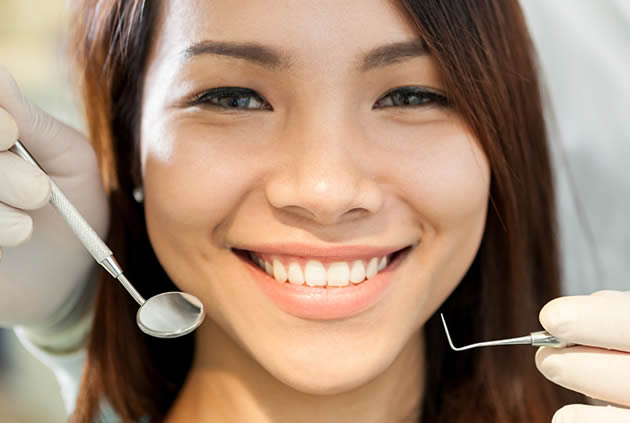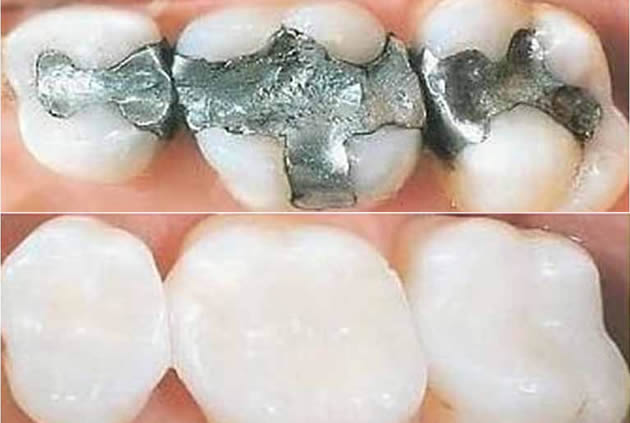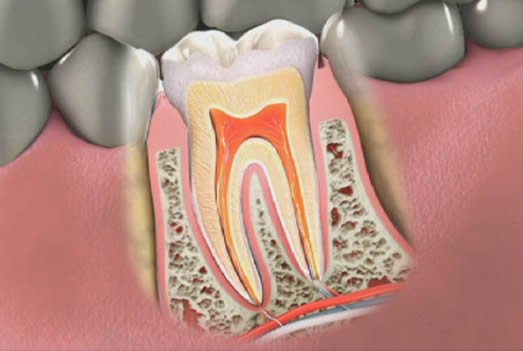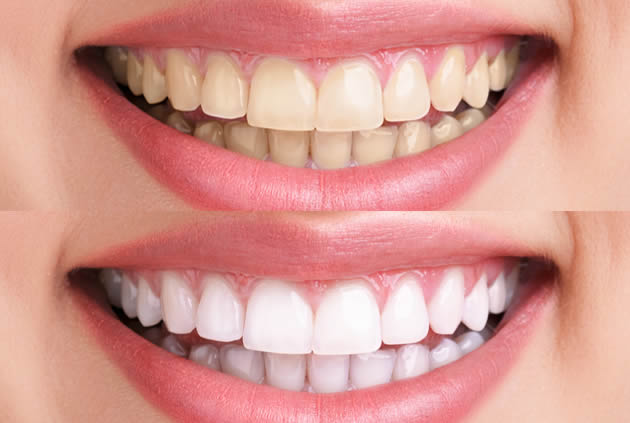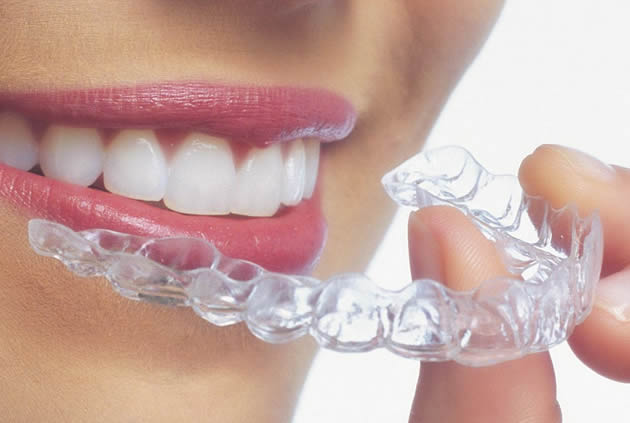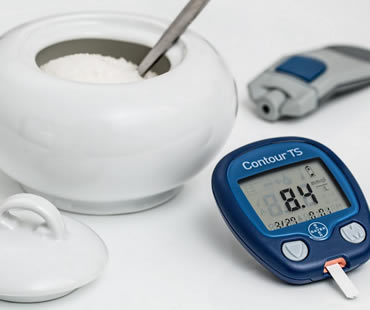
If you have diabetes, this condition can impact your overall wellbeing, including your oral health. An estimated 24 million Americans have diabetes, and many may not realize the affect it has on your teeth and gums. The link between diabetes and oral health has to do with blood sugar levels.
Regulating blood sugar is an important component of diabetes management. If your blood sugar is out of whack, you can have problems. Uncontrolled diabetes hinders white blood cells, which help fight off bacterial infections in the mouth. Research has shown that keeping blood sugar levels steady can lowers the chances of major complications of with the eyes, heart, and nerves. Apparently, watching these levels also helps avoid oral health problems as well.
People with diabetes have an increased risk for:
Dry Mouth – When your blood sugar is not regulated, it can decrease saliva production, which can lead to dry mouth.
Inflammation and Gum disease – With diabetes, patients face impairing of white blood cells and thickening of the blood vessels, reducing the flow of nutrients and the removal of waste in the mouth. These factors compromise the body’s ability to fight infection, so the risk for gum disease increases.
Poor healing in the mouth – If you don’t have the diabetes under control, healing throughout the body take longer, including with any dental procedures.
Thrush – A fungal infection of the mouth and tongue, thrush can occur in diabetics if their sugar levels are inconsistent because this fungus is very receptive to the high glucose levels in the saliva.
Patients with diabetes can keep their mouths healthy by following good home health care, scheduling dental visits every six months, and keeping your dentist informed about the status of your diabetes. Make sure to give your dentist contact information for your primary physician so that they can coordinate your complete health care.
We look forward to seeing you in our Baltimore dental office

Trips to your family dentist for checkups and cleanings may not top your list of fun family activities, but there are important reasons you should make visits to the dentist a priority for your family. Excellent oral health depends heavily on prevention and by taking proactive steps, you can ensure your family will have years of beautiful, healthy smiles. The following reasons outline why regular care by your family dentist is vital to the overall health of your family:
Your family dentist will screen for oral cancer. In the United States, there is approximately one death every hour from oral cancer. Oral cancer is highly curable with early diagnosis and treatment.
Routine cleaning and checkups help to prevent the advancement of gum disease. When diagnosed early, gum disease is both treatable and reversible. However, left unchecked, advanced gum disease can enter your bloodstream leading to a higher incidence of heart disease and possibly stroke.
Maintaining good oral care is the best way to ensure you will keep your natural teeth for a lifetime. Gum disease left untreated can lead to tooth loss, causing a host of other potential problems.
Early detection of cavities, gum disease, and other issues by your family dentist will help you to avoid more serious problems which could lead to root canal treatment, tooth loss, or gum surgery. Early detection and treatment are the keys to avoiding larger dental emergencies.
Clearly, making appointments with your family dentist a priority in your family’s regular routine is a critical part of maintaining not only their excellent oral health, but also in ensuring their overall good health. Every member of your family should be scheduled for cleanings and checkups with your family dentist at least twice per year to ensure a lifetime of healthy smiles.
If you live in the Baltimore area contact us today

Everyone knows that tobacco is harmful to your health, but many people believe that smokeless tobacco doesn’t fall into the same category. Just because it’s smokeless doesn’t mean it’s harmless. It’s dangerous for your overall health, but also for your oral health. Here are some possible oral health outcomes of using smokeless tobacco.
Tooth decay
Smokeless tobacco contains sugar, which combines with the plaque on your teeth to damage your tooth enamel and cause decay.
Receding gums
Placing chewing tobacco in your mouth at the same spot over and over can permanently damage your gums. It can also harm your bone structure. Your irritated gums may pull away from your teeth, expose your tooth roots, and leave your teeth painful and susceptible to decay. Receding gums sometimes also loosen your teeth and cause them to eventually fall out.
Tooth discoloration
Smokeless tobacco stains your teeth, causing embarrassing yellow and brown discoloration. It is extremely difficult to remove with normal brushing, and even professional teeth whitening may not completely remove these stubborn stains.
Bad breath
Your breath will suffer from tobacco products of any kind. Don’t be fooled into thinking that mint-flavored smokeless tobacco hides the problem.
Tooth abrasion
Smokeless tobacco can be gritty and scratch your teeth, wearing down the enamel. Loss of tooth enamel increases sensitivity and may require treatment.
Cancer
The consistent placement of tobacco inside your gums and the irritating juices accompanying it can cause a pre-cancerous condition called leukoplakia. All smokeless tobacco contains cancer-causing agents, which subject users to higher cancer risk in the oral cavity, larynx, esophagus, and pharynx.
Our dental office is located in Baltimore
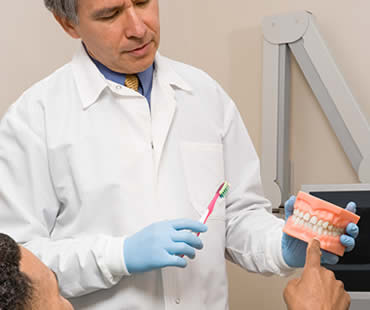
If you haven’t been to the dentist in a while, you may not recall the process for a regular checkup. These visits are an important part of your oral health care. If you are in good dental health, your dentist will probably suggest twice-yearly visits. Individuals with gum disease or other oral health concerns may need to schedule more frequent appointments. Feel free to ask your dentist questions or raise concerns at the visit.
Your dental checkup will usually include:
• Full Health History
Because oral health affects your overall wellness, your dentist will want to have a complete picture of your whole situation. A member of the dental team will ask you questions and gather relevant details about your present status. Make sure to provide helpful information like current medications and any pressing issues.
• X-Rays
Typically, your dentist will take X-rays about once a year. These images provide a clear view of your teeth and gums. Often, X-rays will identify problems, like impacted teeth, cysts, abscesses, or decay between teeth that might otherwise go undiagnosed.
• Complete Evaluation
During your checkup, the dentist will perform a periodontal assessment, bite analysis, and tooth-by-tooth inspection. If the dentist discovers a problem, your provider will make treatment recommendations to address the issue and restore your oral health.
• Thorough Cleaning
If everything checks out, the hygienist will typically remove plaque and tartar build-up from your teeth. At this time, the hygienist may also polish and floss teeth to refresh your smile.
If you live in the Baltimore area contact us today

You may know all about basic dental care. Most people can tell you about the importance of brushing twice a day and flossing regularly. If you asked friends and family, they could probably list the virtues of eating whole grains, lean meats, and green vegetables to keep teeth and gums healthy. The majority of individuals, though, probably don’t know these fun facts:
- Approximately 33 percent of people squeeze their toothpaste from the middle.
- As early as 700 BC, people carved false teeth out of animal bones.
- During ancient times, the barber cut your hair, gave you a shave, and extracted injured teeth.
- Each year, Americans fork out more money on hair care and lottery tickets than they do on their dental health.
- In 1994, a West Virginia inmate scaled a wall and escaped prison using a rope made from dental floss.
- Modern toothpaste was first manufacture by the Colgate Company.
- People brushed their teeth with twigs or their fingers before toothbrushes were invented.
- Poor individuals sold their teeth to the wealthy during the 18th century and these people used them as replacement teeth.
- Surprisingly, cows don’t have upper teeth.
- The Mexican version of the Tooth Fairy, called the Tooth Mouse, takes the lost tooth and leaves behind a small gift.
- To win the 1986 National Spelling Bee, the top contestant correctly spelled odontalgia, another word for toothache.
- When asked, 73 percent of Americans said they would rather grocery shop than floss their teeth.
We treat patients from Baltimore and the surrounding area











